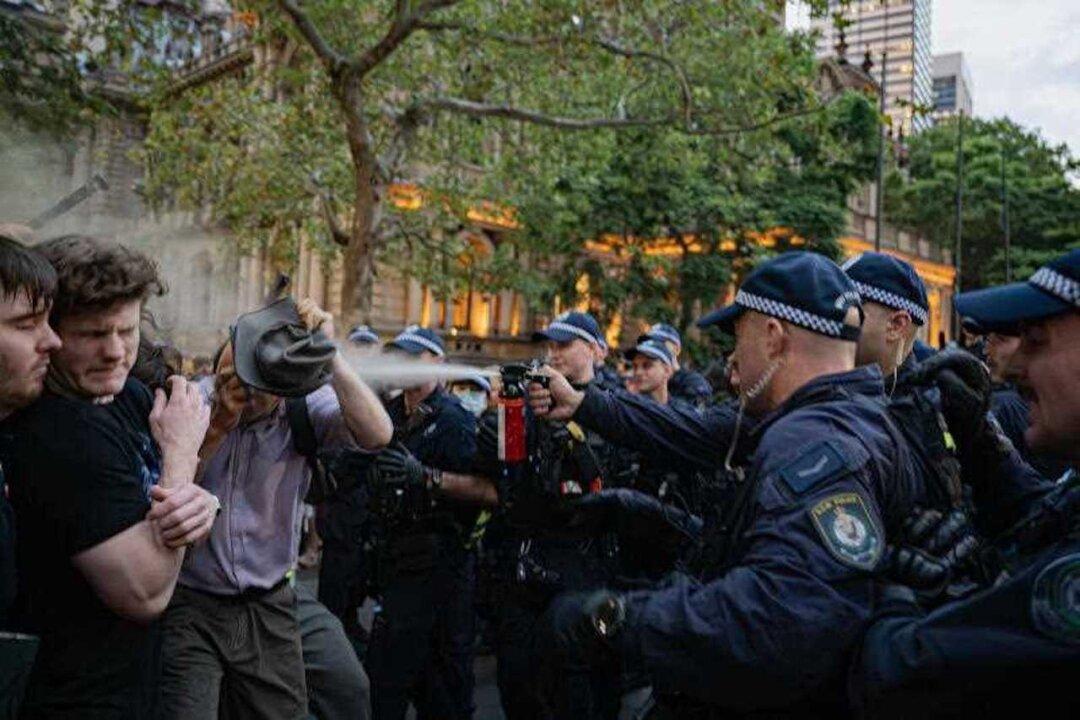Federal housing minister Julie Collins has warned opponents of the government’s multi-billion fund to build more homes to “get out of the way” as negotiations stall on the issue.
The $10 billion (US$6.64 billion) Housing Australia Future Fund remains stuck in parliament, with both the coalition and the Greens not backing the proposal.





